I was born and raised in Oaxaca, the second poorest state in Mexico. Seventy per cent of its population struggle under the poverty line. In Oaxaca City, 18,000 people live in 33 informal settlements around a huge landfill site, where up to 300 trucks dump 1,000 tons of rubbish every day. They have come from all over the state in search of employment. Most work in badly paid or informal jobs in the city, but about 200 make a living by sorting waste by hand and selling the recyclable materials.
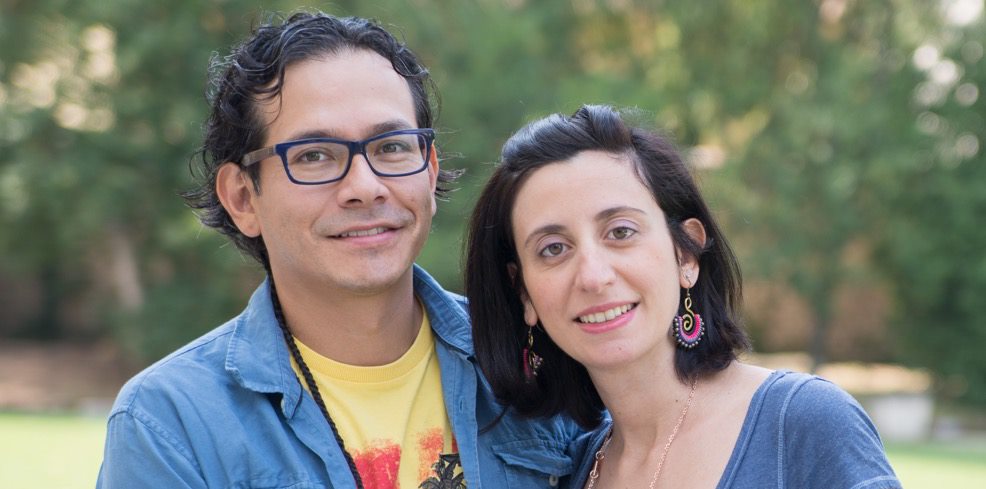
José Carlos León Vargas and Aurelia Annino, founders of SiKanda.
I studied in Mexico City and overseas, and returned to Oaxaca in 2008 with my wife, Aurelia, who is Italian. We knew that we wanted to create an organization to work with the poorest of the poor. As soon as I saw the landfill, I knew we had to start there. There were rivers of rubbish everywhere, homes made of recycled materials, little or no basic services. Society saw the people who lived there as filthy and violent.
I knew from the writings of the Brazilian educator and philosopher, Paulo Freire, that having a Masters in international development did not mean I could bring solutions to the people. They knew better than me what needed to be done. So Aurelia and I spent eight months getting to know families, while we set up our charity, SiKanda. Its name means ‘movement and transformation’ in Mixtec, a local indigenous language.
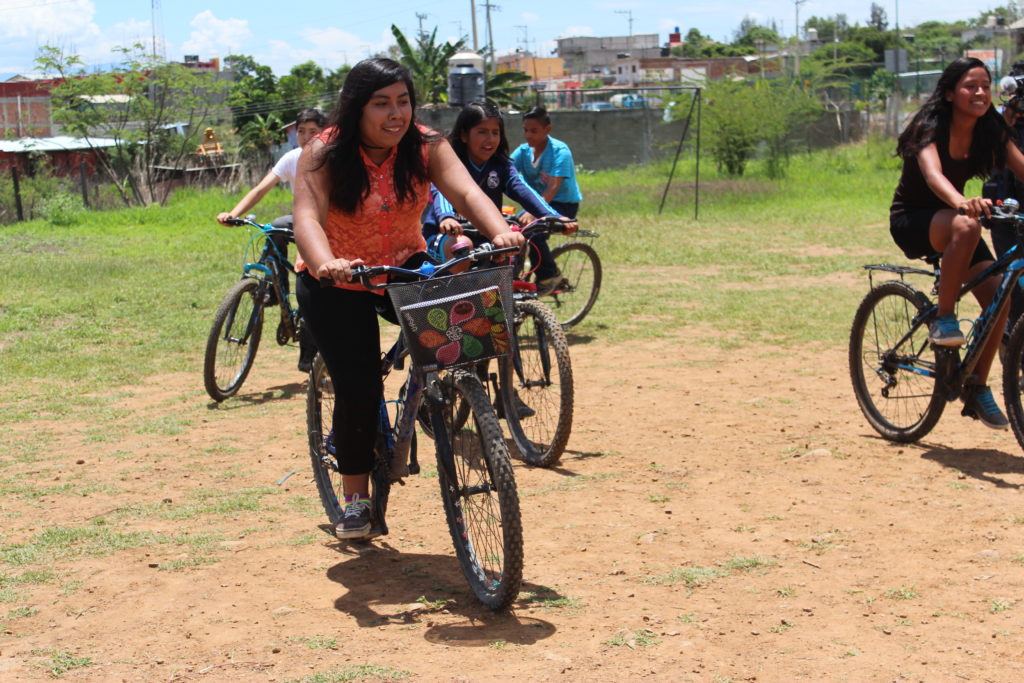
We registered SiKanda in 2009. At first we focused on the people sorting through the landfill. We initially taught them how to use earthworms to turn waste into compost for sale or for use in community gardens. Ten years on our focus has expanded to include preventing violence, empowering girls, helping mothers to set up businesses, and building classrooms, libraries (out of recycled bottles) and community kitchens for schools in the shanties around the landfill. Our projects now reach out to 5,000 people.
We are the only organization in southern Mexico which works consistently with people living around landfills. Many groups come here with toys and clothes for Christmas, Mother’s Day or Children’s Day. Then they leave. We were clear we wanted a long relationship and that helped us to gain people’s trust.
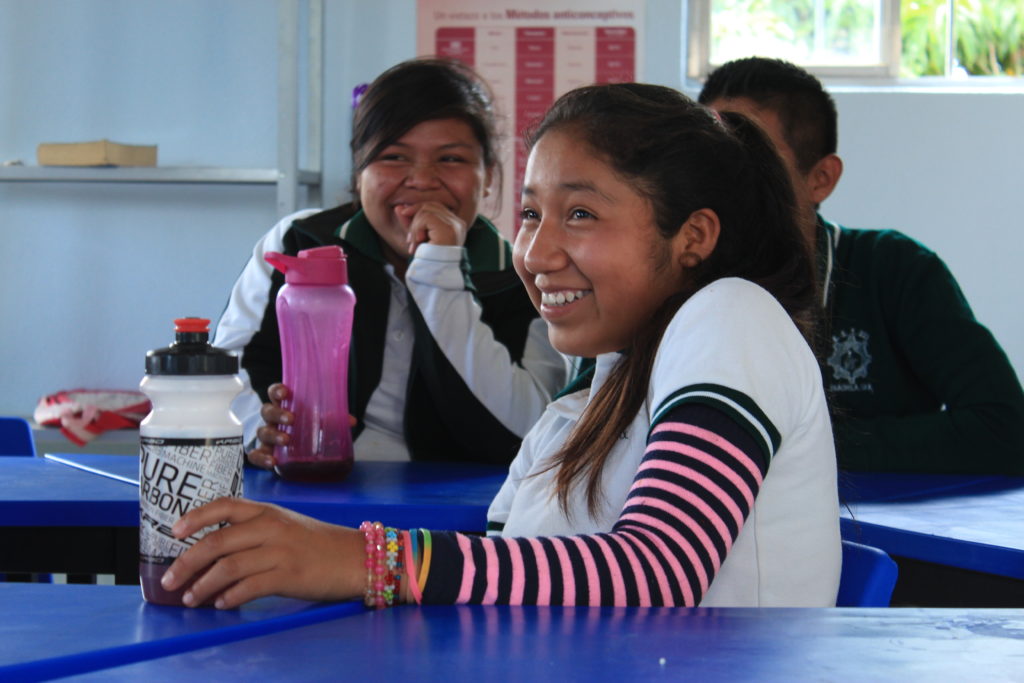
We met Vanessa when she was 12 and attending elementary school. At 14, she had already left middle school to join her mother and grandmother sorting rubbish on the landfill. She said school was boring and that she was bullied. In 2015 we helped build a computing classroom and library in the only community centre in the area, where school drop-outs could take afternoon classes. Vanessa finished her schooling there and then studied to become a hairdresser. She didn’t return to work on the tip.
Eleven-year-old María attends the Simbolos Patrios elementary school, just 10 metres over the street from the landfill. The kids there are exposed to all types of dust and pollution. Recently we helped to build them a community kitchen, which provides meals for over 200 children. On the day the kitchen opened, María told me that when she started school aged six she thought she would never have a proper lunch there. ‘Now,’ she said, ‘I am in the final grade and we have a canteen. I can enjoy it for a whole year and the younger kids will not have the same problems as I did.’
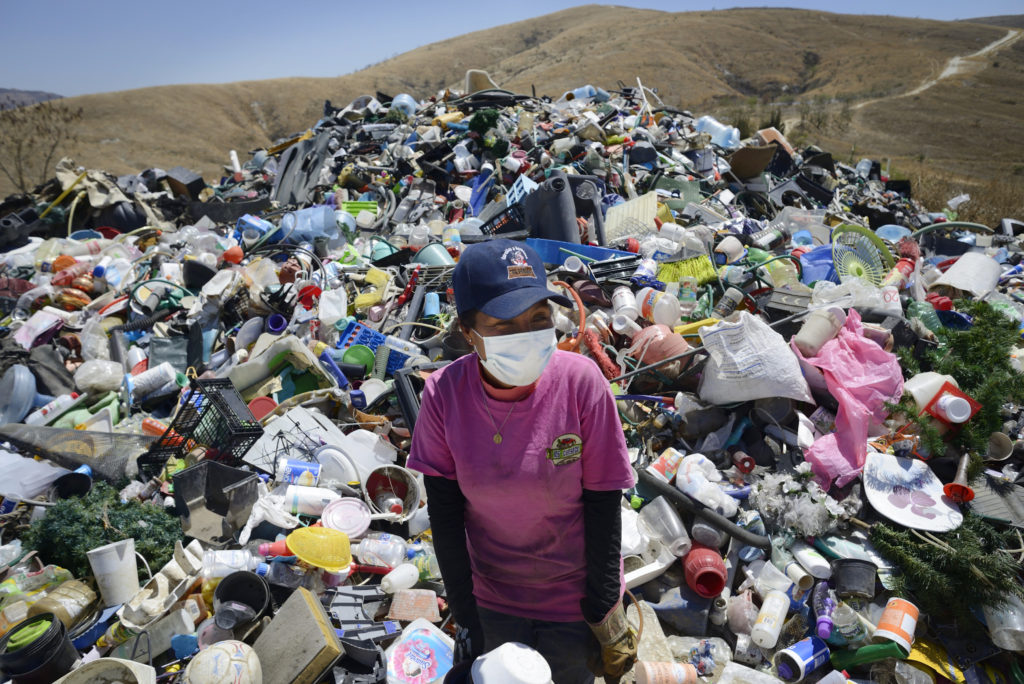
Children, and especially girls, are the most vulnerable to the effects of poverty, exclusion and stigma. We train girls, teachers, parents and the general public in violence prevention, gender issues, environmental leadership, sexual and reproductive rights. We do this through art, storytelling, sports and community gatherings. We also promote the use of bikes, which gives girls greater security and freedom.
We are now seeking to collaborate more closely with local, state and federal authorities and with other charities and civil society groups to improve public policies. This means reaching out to decision makers so that the state does its job in ensuring a sustainable livelihood for shanty dwellers.
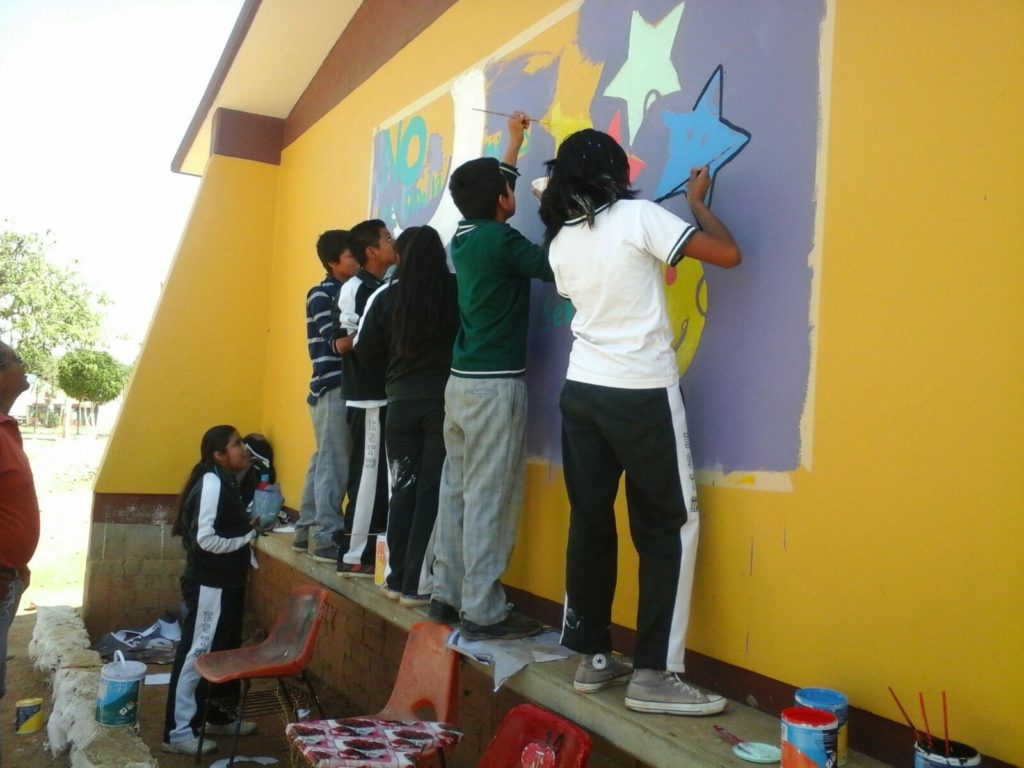
In my 20s I worked for three years with Initiatives of Change (IofC) in Europe and Asia. One of the main things I took away from these years was the idea of congruence: being consistent and walking the talk, being a colleague rather than a leader, being someone who rolls up his sleeves and listens to others. As a person who does not follow a specific religion, IofC’s moral values help me to make decisions with heart and mind, and to treat others with respect and humbleness.
A solid academic background and work experience is important, but we have to strip off of our degrees and diplomas when we talk to people. We are not working with beneficiaries but with collaborators. I remind myself every day that SiKanda is not my project. We are not the voice of the people in these communities: they already have one. We collaborate with them so that they can make their voices heard.
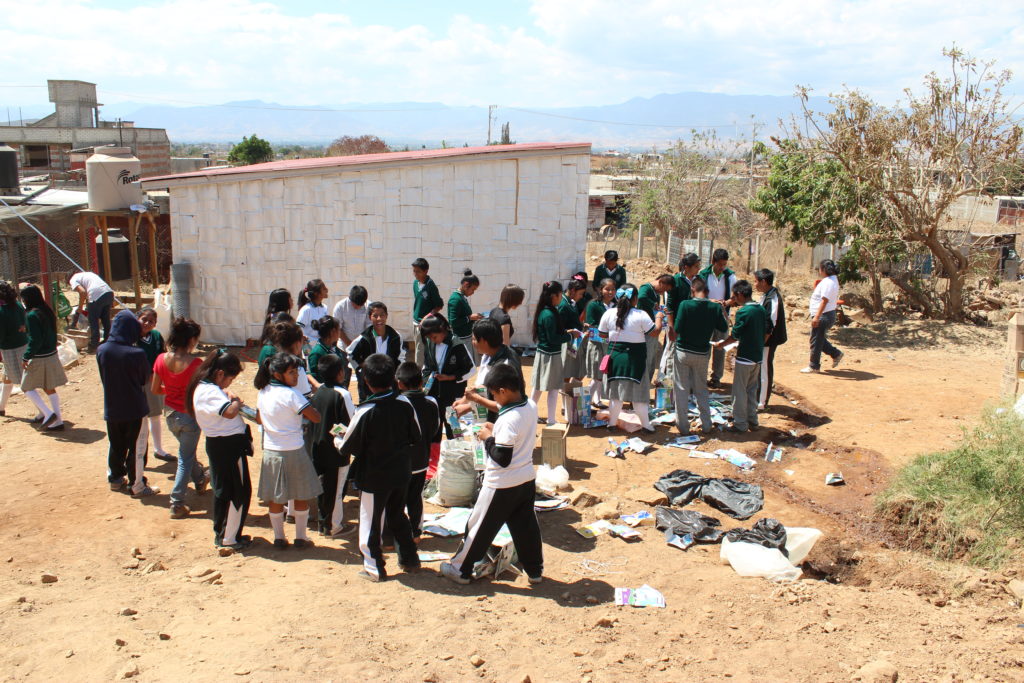
Photos: SiKanda